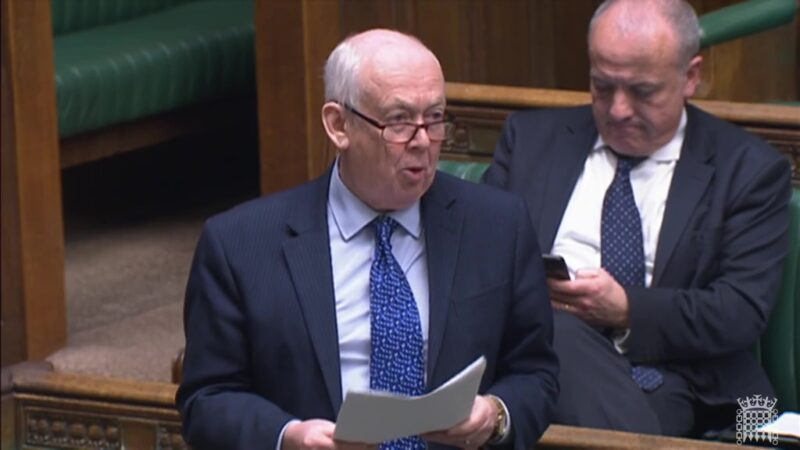Wayne David, Labour MP for Caerphilly Working hard for the people of the Caerphilly constituency

Next week, the House of Commons will vote on the amendments to the EU Withdrawal Bill which have been made by the House of Lords. Most of these amendments are positive in that they reduce the damage caused by the Government’s cack-handed approach to Brexit.
There is, however, one amendment which ought not to be supported. This is the amendment which opens the possibility of Britain being a member of the European Economic Area (EEA), like Norway. Given that Norway is outside of the European Union but benefits from being part of most of the EU’s Single Market arrangements, the so-called Norway option might seem to hold an attraction for the UK.
The Single Market is, after all, by far Britain’s most important trading relationship, accounting for well over 40% of the UK’s trade. But there are problems with the UK simply signing-up to the Single Market’s provisions.
The biggest problem is that Britain would be committing itself to a legally binding legislative relationship without any input into the law making process. Let us not forget, that when we leave the EU Britain will have no European Commissioners, no Members of the European Parliament, and no seat on the Council of Ministers. If we were to adopt such an approach, Britain would be agreeing to implement legislation without any representation.
Since the early 1990s, under Labour and Conservative governments, Britain was a keen advocate of the Single Market and the way it has deepened has undoubtedly been of huge benefit to our economy. Without Britain’s presence at the EU’s negotiating tables, it would be unwise to assume that the Single Market’s future development would always be to Britain’s benefit, especially if we had a radical Labour Government. Commitment to the Single Market in its entirety, today and in the future, would mean Britain always accepting each and every provision decided by the remaining 27 states of the EU, even if those measures were clearly against Britain’s national interest.
Much of the argument in favour of the EEA rests on quoting the example of Norway, and yet Norway is obviously a country fundamentally different to the UK. To begin with, Norway’s economy is based on oil and gas and fish and it has a minute industrial sector. Norway accepts most elements of the Single European Market and pays a hefty bill for the privilege and, crucially, Norway accepts free movement of people. This is important because hostility to free movement was an important issue in the referendum campaign. Moreover, Norway has no meaningful influence over the Single Market’s laws and regulations which it adheres to and, through the European Free Trade Association (EFTA), Norway accepts the legal decisions that are largely based on those of the EU’s Court of Justice.
Such a model surely would be very difficult for Britain to accept. Staying in the Single Market whilst being outside of the EU would mean that Britain would be at the centre of a huge democratic deficit.
This is an important point because the Single Market is not just concerned with narrow commercial issues. As well as being about, for example, competition policy and the harmonisation of product standards, the concept of the Single Market is defined in a way which is broad enough to include aspects of employment law, Health and Safety and the outlawing of discrimination.
This leads me to the view that Labour should be careful about suggesting that Britain ought to sign-up to permanent ‘membership’ of the Single Market – the ‘cons’ as well as the ‘pros’ need to be carefully considered. Of course, we need a very close relationship with the EU and its Single Market post-Brexit, but the nature of that relationship needs to be thought through and carefully worked-out. There is no more important issue than our country’s long-term relationship with our European neighbours and the Single European Market; we must get it right.
